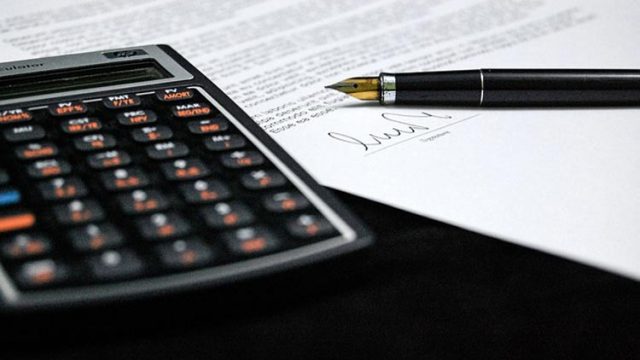If you were to consult experienced commercial lawyers, they would tell you that it is important in drafting commercial licensing agreements to understand the world you’re dealing with. Become an expert contract drafter doesn’t mean you’re an expert in your client’s world. Get to know their industry, technology, and concerns. Gathering as much information as possible ensure better contracts and agreements.
Fact Gathering
Why gather as many facts as you can before drafting? The answers are obvious:
- Gathering information reduces the chance of inadequate drafting, leaving out import clauses and crucial elements of your client’s business. Instead of reducing risk, you may increase risk by missing information
- Finding out as much as possible about your client’s needs and business will save time, which in turn will save money and make for a happy client. Also, saving time means beating deadlines and not being pressured to complete a document at the last minute.
- Understanding what your client needs, by gathering data allows you to pick and write the proper provisions.
So what types of facts should lawyers collect before drafting? The answers fall into several categories:
- Transactional Facts: These are data points such as names and addresses, nature of the parties
- Additional Transactional Fact – “The Deal”: What is being offered, what is required to accept the terms of the contract? What types of situations does your client want to avoid? Consideration – what will the parties pay and in what form? How will payment be exchanged and how will it be measured? How long will the relationship last and what would cause the end of the relationship? What is your client most worried about losing?
- Facts Needed for Patent Agreements: Special care is needed in the case of patents, make sure to find out: who is the owner, the type of patent, current or planned use, the market value, other licenses and contracts, legal protections, chain of title, registration status and duration and registration number.
- Trademark Agreements: Trademark agreements are another special type of agreement where specific information is needed. Make sure to collect data on: the owners, the chain of title, form of the trademark, registration status and duration of the registration, current or planned use, use standards, and other licenses and contracts that may be involved.
- Copyright agreements: When dealing with copyright agreements watch out for the following: Author or successor holder, nature of the work, chain of title, registration and duration, registration number, current uses of individual copy rights, and what rights will be licensed.
Gathering the information above will help you prepare and draft good licensing agreements, but don’t forget these challenging aspects of drafting:
- Make sure you draft for the correct audience and each audience member
- Don’t ignore judicial interpreting standards
- Make sure to use the proper form of licensing
- Always impose a uniform structure on the documents
- Don’t use weak or ambiguous boilerplate language. Be specific and precise. Don’t include pointless redundancies.
- Don’t write in the passive voice.
- Don’t conceal important action.
Following these simple tricks will help you avoid mistakes in drafting licensing agreements and make your writing better overall.
